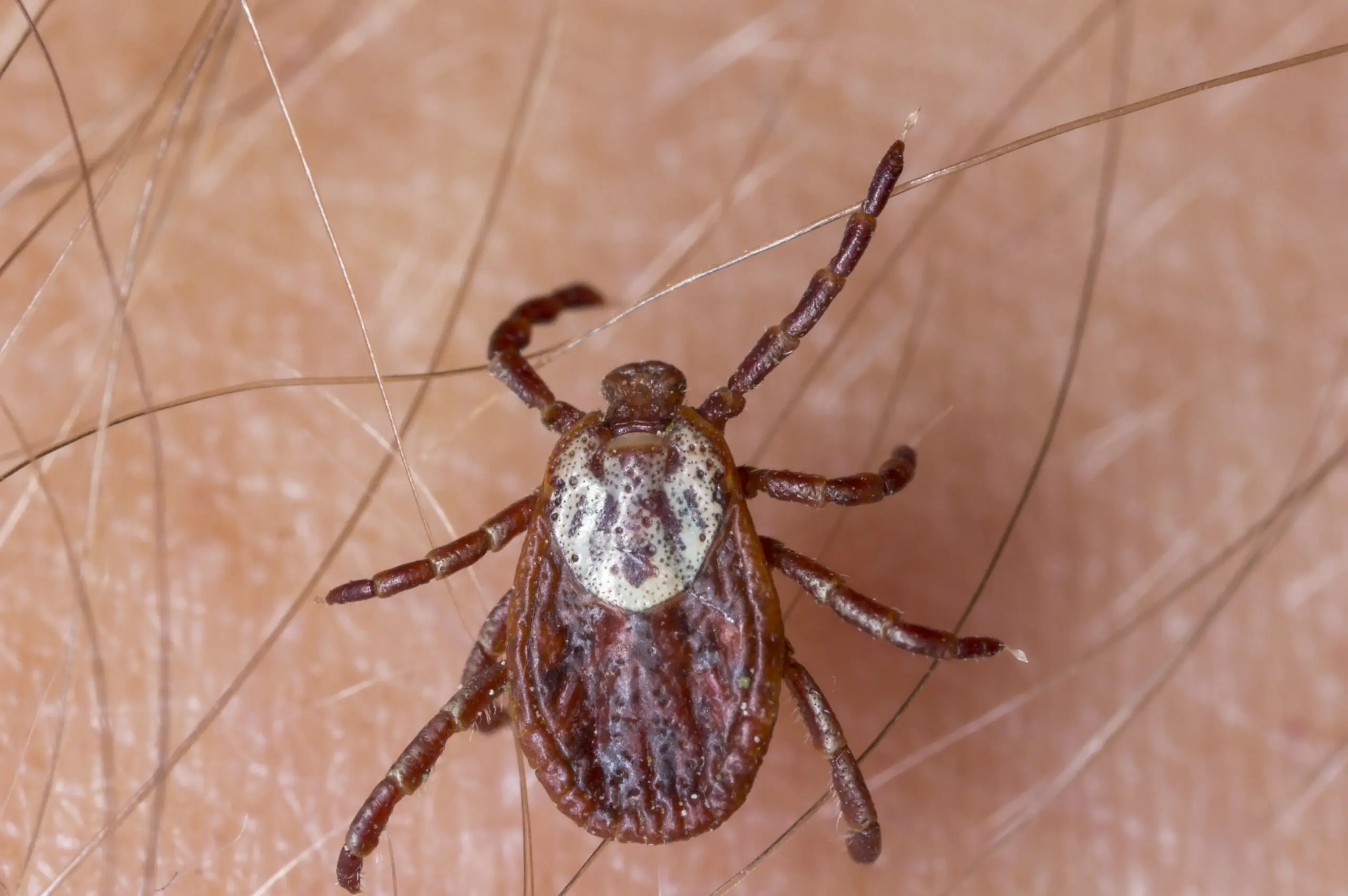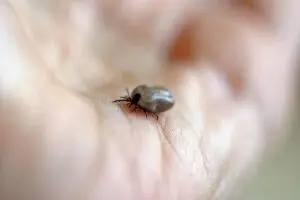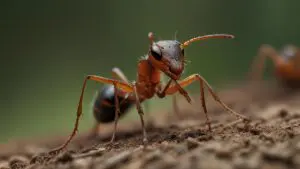

At Excel Pest Services, we specialize in protecting homes and businesses from the dangers posed by pests and the diseases spread by animals and insects. This article explores how pests transmit diseases and how you can protect yourself from these harmful threats.
How Do Germs Spread Between Animals and People?
Diseases spread by animals and insects occur when germs like bacteria, viruses, or parasites are transmitted between species. This can happen through bites, direct contact, or contamination from animal droppings. For example, rodents can contaminate food or surfaces with their waste, while insects like mosquitoes can transmit diseases via bites.
Mosquito-Borne Diseases
Mosquitoes are known carriers of dangerous illnesses such as malaria, dengue fever, and Zika virus. These diseases spread by insects pose serious health risks, particularly in warmer climates.
How to Avoid Mosquito Bites
To protect yourself, wear long sleeves and use mosquito repellents containing DEET or permethrin. Eliminating standing water around your home is crucial since it's where mosquitoes breed. For more tips, check out our guide on bug bites and stings.
Rodent-Borne Diseases
Diseases carried by rodents, such as Hantavirus and leptospirosis, can spread through direct contact or exposure to contaminated surfaces or droppings. Rodents can enter homes seeking food and shelter, making prevention essential.
How to Avoid Hantavirus
To prevent Hantavirus, ensure that all food is stored in sealed containers, clean up rodent droppings safely, and seal entry points. Proper sanitation and regular pest control treatments are key to rodent prevention. For more tips on rodent prevention, visit our commercial pest control page.
Tick-Borne Diseases
Ticks are infamous carriers of Lyme disease, Rocky Mountain spotted fever, and other dangerous tick diseases. They attach themselves to humans and animals, transmitting pathogens through their bites.
How to Avoid Ticks
Prevent tick bites by wearing long clothing and using tick repellents. After outdoor activities, thoroughly check yourself, pets, and family members for ticks. To learn more, read everything about ticks and tick-borne diseases.
Flea Diseases
Fleas are small but dangerous pests that transmit flea diseases, including murine typhus and tapeworms. These pests often latch onto pets and can quickly infest homes if left unchecked.
How to Avoid Flea Bites
To avoid flea bites, treat your pets regularly with flea preventatives and maintain a clean living environment. Vacuum frequently, wash pet bedding, and use flea treatments in areas where pets rest. If you're dealing with a flea infestation, consider our residential pest control services.
Animal-Borne (Zoonotic) Diseases
Many diseases spread by animals and insects are zoonotic, meaning they can jump from animals to humans. Diseases like rabies, which can be spread by bats, are examples of how dangerous contact with certain animals can be.
How to Avoid Getting Rabies from Bats
Prevent rabies by avoiding direct contact with bats. Ensure your home is sealed to prevent bats from entering attics or crawl spaces. If you suspect a bat infestation, reach out to a pest control professional for safe removal.
Conclusion
Pests can pose serious health risks due to the diseases spread by animals and insects. Prevention is key to safeguarding your home and health. At Excel Pest Services, we offer comprehensive pest control solutions to keep you and your family safe from pests and the diseases they carry. Get in touch with us today for expert advice on how to protect your home from pest-borne diseases.
FAQs
What are the most common diseases spread by insects?
Common diseases include malaria, Lyme disease, Zika virus, and dengue fever.
What diseases spread through animals?
Animals can spread diseases like rabies, Hantavirus, and leptospirosis.
Which of the following diseases spread through insects?
Insects spread malaria, dengue fever, Lyme disease, and many others.
What is the animal that carries the most diseases?
Rodents are notorious for carrying many diseases, such as Hantavirus and leptospirosis.
For more information, explore our resources on tick-borne diseases and how to protect your property from pests.





